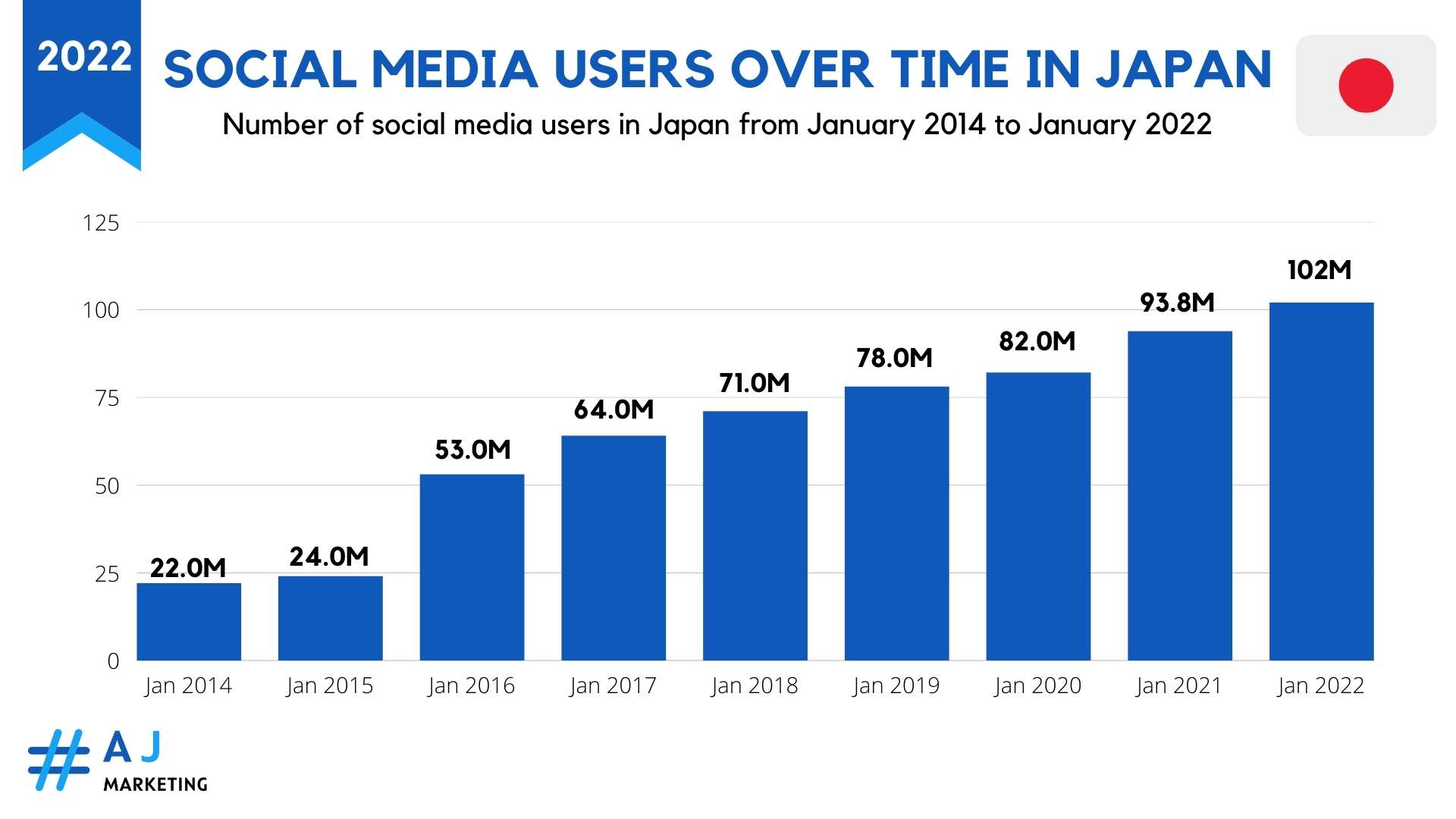[ad_1]
Omicron, the highly contagious variant of the coronavirus, is causing a sharp spike in cases in Brazil after a long respite, even if official data is failing to reflect the toll of the new wave.
Private diagnostics companies such as Grupo Fleury SA and Diagnosticos da America SA have seen positivity rates skyrocket to as much as 40% in January, up from less than 5% just a month ago. The demand for tests is surging, with emergency rooms in cities such as Sao Paulo and Brasilia packed with people reporting flu-like symptoms. In Rio de Janeiro, daily infections passed 1,200 on Jan. 1, up from about 90 a month before.
On Thursday, Brazil reported 35,826 new cases, the highest daily toll in about three months. While it’s a fraction of the more than 100,000 it registered at the height of the pandemic in mid-2021, the real numbers are likely far greater, according to health experts. That’s because the system used by states, municipalities and private labs to report cases to the federal government has been mostly down since a cyberattack in December.
“There’s a silent omicron pandemic in Brazil,” said Pedro Hallal, an epidemiologist and professor at the Federal University of Pelotas. “There aren’t enough tests or official statistics to show how much the number of infected people is growing.”
While hospitalizations have ticked higher in Brazil in recent weeks, so far there hasn’t been an onslaught of patients seeking intensive care like in mid-2021 before vaccines were widely available. Argentina to the south is seeing record daily case counts but without a corresponding jump in hospitalizations or deaths, repeating a pattern documented in other countries such as South Africa and Denmark.
Following year-end celebrations, infections are expected to keep rising. An outbreak on cruise ships — some 800 cases reported between Christmas and New Year’s alone — already led the country’s health watchdog to call on companies to halt operations, and tourist destinations in the coastal states of Bahia and Piaui are among those reporting a significant jump in infections following festivities.
In an emailed response to questions, the health ministry said the cyberattack made some of its data on respiratory diseases and COVID-19 unavailable and said it’s working tirelessly to solve the issues. Still, there’s no timeline for the systems to be fully back up.

At least four Brazilian states haven’t updated coronavirus data for 12 days, citing difficulties in accessing the health ministry’s systems. Tocantins, in the North, hasn’t updated for 22 days.
“The fact that we haven’t had access to formal data for such a long time without any clear explanation about what’s happening, is affecting any sort of analysis we can do,” said Marcelo Gomes, who oversees a bulletin on respiratory diseases published by the Oswaldo Cruz Foundation, one of Latin America’s most prominent health and science institutes. “It’s having a very large impact on the population’s ability to act against the pandemic.”
Private companies are shedding some light on the latest wave. At Diagnosticos da America, one of the country’s largest diagnostics providers, positivity rates more than doubled between Dec. 27 and Jan. 2, with almost one in every three tests coming back positive. In early December, that number was just 1.4%. At Fleury, another leading player in Brazil’s private health care industry, as many as 40% of tests are positive — the same number the lab saw at the height of the pandemic last year.
“We’re trying to comply with the notification requirements, but the system that the government implemented last year has not been working since early December,” said Carolina Lazari, Fleury’s infectious disease expert.
Health experts say the data blackout is serious, but far from the only challenge in tracking the pandemic in Latin America’s largest nation. Domingos Alves, a medical academic who’s part of the COVID-19 Brasil monitoring group, estimates that the country is failing to report between 6% to 10% of cases. Only 30% of the population has access to COVID-19 tests, according to virologist Anderson F. Brito.
The success in vaccinations may be enough to prevent a new round of restrictive measures even as cases jump, according to Hallal at the University of Pelotas. Brazil has given two COVID-19 shots to about 74% of the population, according to data compiled by Bloomberg, and boosters to 13%.
“The high vaccination levels reduce the need for hospitalizations in relation to the beginning of the pandemic,” he said. “Still, the use of masks and canceling big events such as carnival and concerts are necessary measures.”
In a time of both misinformation and too much information, quality journalism is more crucial than ever.
By subscribing, you can help us get the story right.
SUBSCRIBE NOW
[ad_2]
Source link
























